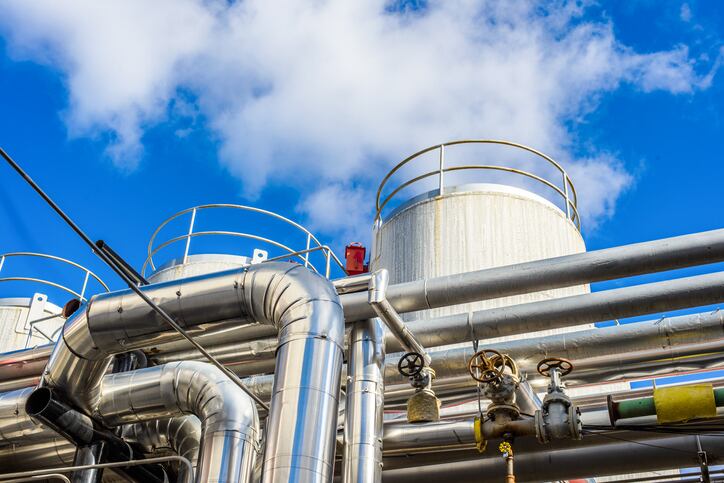The growing use of animal fats to power Europeʼs cars and planes is putting significant pressure on supplies of those inputs for use in animal feed and pet food formulations, according to a report undertaken by Cerulogy on behalf of advocacy group, Transport and Environment (T&E).
Indeed, the use of animal fats in biodiesel has grown fortyfold since 2006, claimed the organization.
Furthermore, demand for such feedstocks in biofuels is projected to triple by 2030 compared to 2021, as per data collected by T&E from Stratas Advisors.
The lobby group is calling for category 3 animal fats to be excluded as feedstocks for transport fuels.
EU rules classify three types of animal fats depending on their risk levels for human consumption and disease transmission. The three categories have different uses outside of transport. Categories 1 and 2 can be used in heating applications whereas category 3 has much more uses, including in the feed, pet food and oleochemical industries.
“The increased demand for animal fats for transport is putting pressure on supplies of all categories, leading to displacement effects when industries replace animal fats by other materials, usually cheap available oils. If unsustainable materials are replacing the current uses of animal fats, the shift in uses can therefore significantly undermine the climate benefits of using animal fats biofuels.
“In the oleochemicals industry and pet food industry for example, palm oil is considered as the most likely substitute because of it having the most similar properties to animal fats and being the cheapest option available. If virgin palm oil were to substitute animal fats, CO2 emissions of animal fats biofuels could be up to 1.7 times worse than conventional diesel,” reads Cerulogy's briefing.
Escalating prices
The increased competition for animal fats also contributes to higher prices and more difficulties for the historical users to access these feedstocks, found Cerulogyʼs report.
The review mentions that prices for category 3 animal fats doubled in 20 years for manufacturers of pet food, animal feed and oleochemicals. With the current surge of animal fats in biofuels, some representatives of the pet food industry even anticipate a further 50% increase in costs for animal fats in the next few years, noted the publication.
Potential fraud
Additionally, T&E suggests that category 3 animal fat derived sustainable aviation fuels (SAF) may be miscategorized under the EU Renewable Energy Directive (RED) in order to obtain a higher level of incentives.
It urges the Commission to investigate the existence of a potential fraud in the system, to adopt stronger safeguards to tackle the risk of fraud along the supply chains and to ensure a robust auditing system by an independent body, put in place by national authorities or the EU Commission itself.
Amended wording
According to EU pet food organization, FEDIAF, there is no protection in RED for category 3 fats. More explicit language around the use of that raw material is needed, it stressed
FEDIAF is advocating at the national level, as RED II is being transposed, to have wording included in the legislative text clearly stating that the cascading principle and the EU waste hierarchy approach should be applied to category 3 fats, in the same way that those instruments are applied to food crops and biomass.
When the waste hierarchy approach is being followed, use as food has the highest priority, followed by use in animal nutrition and, only, when there is no need or it is not suitable for use in food or feed, other uses like production of biofuel follow.



